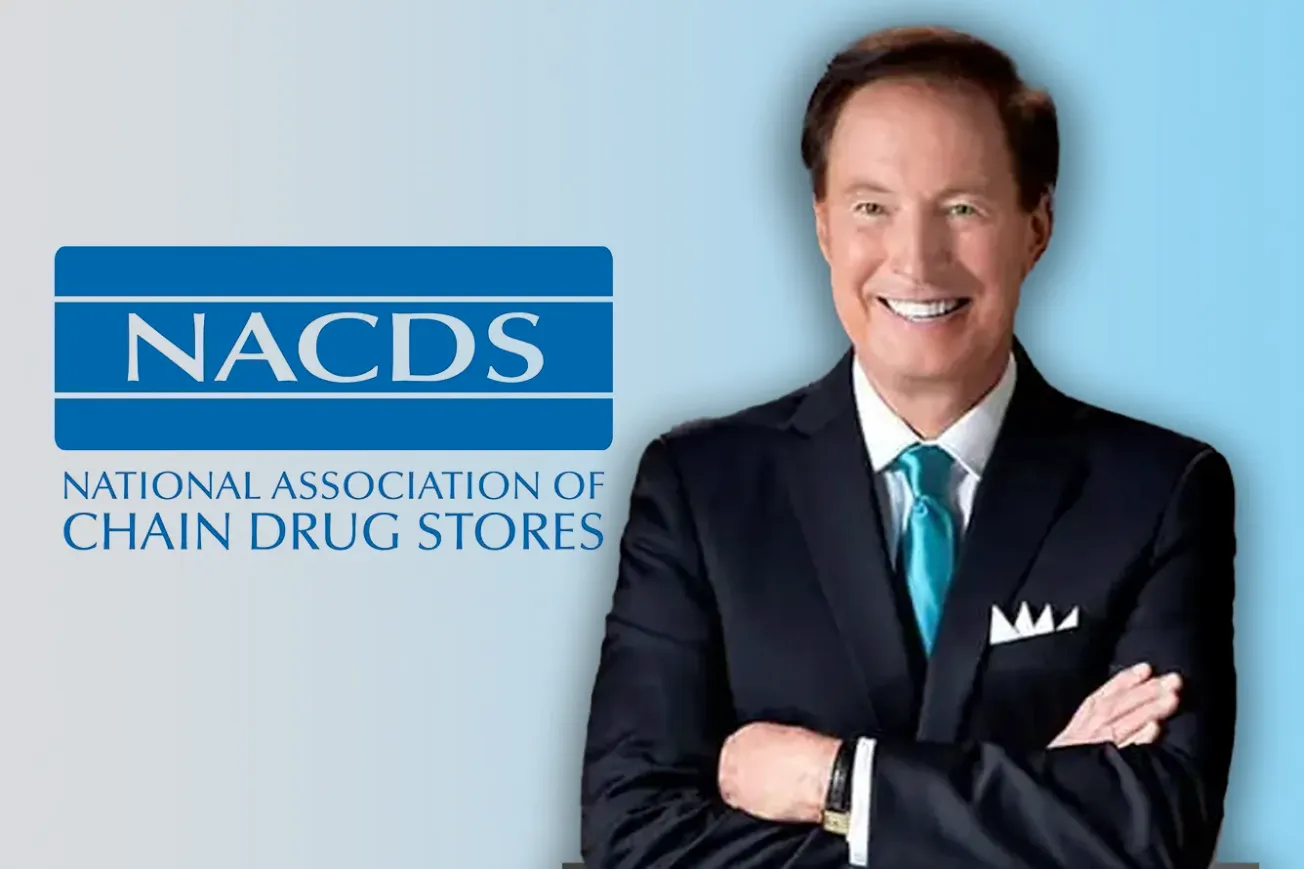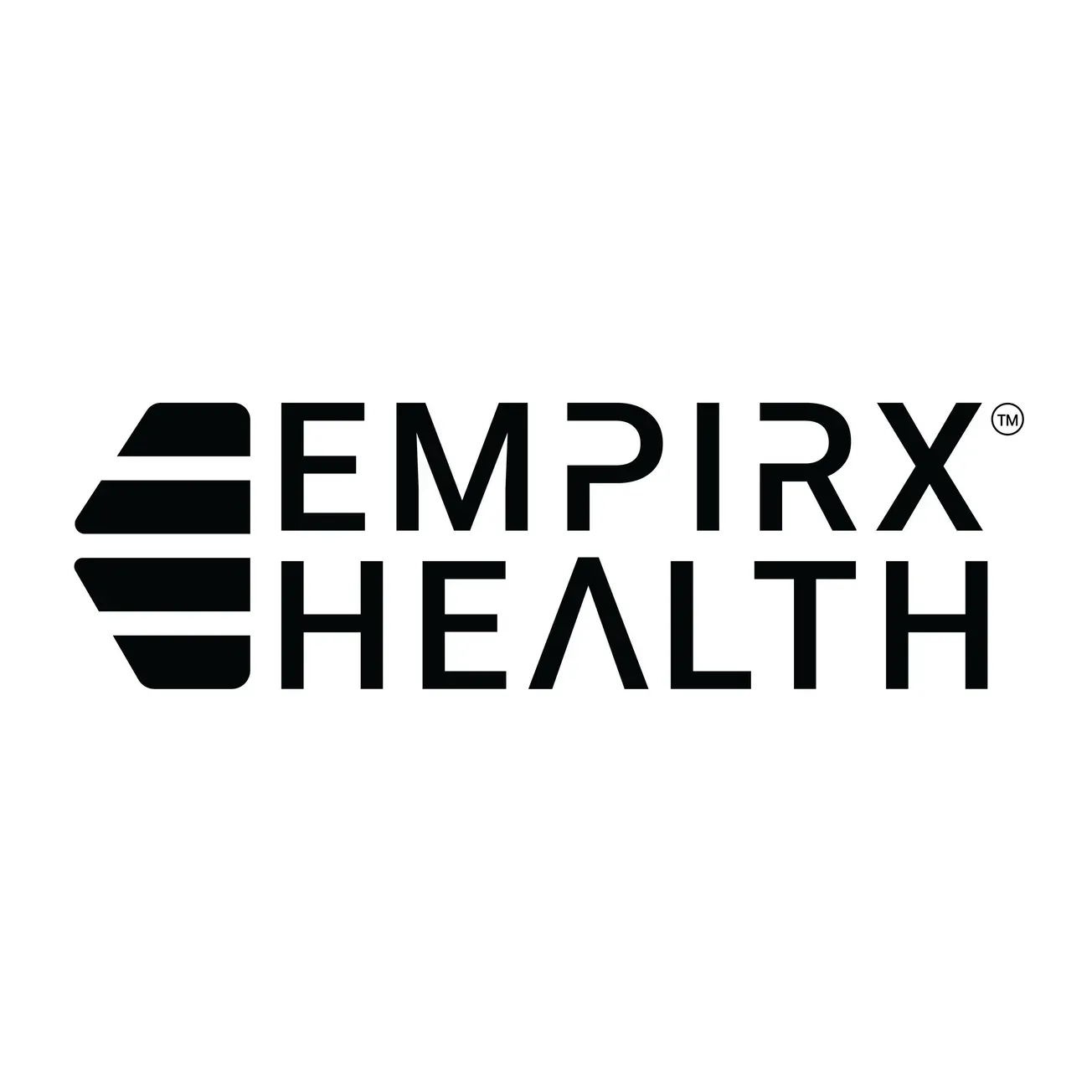RALEIGH, N.C. — Patient care solution provider Ateb Inc. helped test four medication synchronization quality improvement indicators (QIIs) on behalf of the Pharmacy Quality Alliance (PQA).
Ateb said Tuesday that it was one of two organizations chosen to test the new QIIs, which will enable pharmacists to boost patient engagement by aligning medication refills to help patients manage chronic conditions. Ateb’s analytics team assisted in the feasibility and validity testing of the performance indicators.

Specifically, the four new QIIs approved by PQA help pharmacies assess program acceptance and initial synchronization rates, patient contact rates, medication synchronization completeness and medication synchronization continuation.
“We are committed to support and drive industry initiatives such as the QIIs by utilizing our big data and predictive analytics platform to test key performance measures,” stated Frank Sheppard, president and chief executive officer of Ateb.
“Through a true collaboration, we can enhance the industry’s overall quality measurement system, which uniquely positions pharmacies to become a vital resource to improve medication adherence and provide affordable, effective health care to patients,” he added.
To help patients achieve better health outcomes, pharmacies must be able to identify patients who need intervention, which kind of intervention and when, according to Ateb. As shown by the QIIs initiative, the Ateb analytics and measurement platform allows pharmacies to report and leverage the tremendous amount of data available to them so they can use it effectively — in turn demonstrating the link between medication adherence and improved outcomes, the company said.
With more than 1 million patients enrolled in its Time My Meds solution, Ateb enables pharmacies to convert their practices to a proactive workflow and transition to the Appointment-Based Model (ABM). That model increases patient engagement and predicts when patients on chronic medications will visit the pharmacy for their prescription refills, improving workflow and inventory management, Ateb explained.
“Research related to medication synchronization has shown these programs are becoming one of community pharmacies’ best practices,” commented Laura Cranston, PQA executive director . “Medication synchronization programs are intended to improve patient adherence to chronic medications. These quality improvement indicators will help pharmacies to assess improvement points inside of their med sync operations to make their programs even better.”
Ateb added that several of its executives contribute to PQA Stakeholder Advisory Panels and are actively involved on the following PQA Measure Development Teams: Use of Patient Satisfaction Survey following CMR Completion, Hospital and/or ED Utilization Related to ADEs, Specific Drug Therapy Problem (DTP) Resolution and Polypharmacy. Rebecca Chater, Ateb’s executive health care strategist, serves as co-chair on the PQA Immunization Task Force.
In other news this week, Ateb said it has finished the expansion of its Raleigh, N.C., headquarters. Generating an additional 25% growth in the company’s overall headcount in Raleigh, the new HQ is situated in a 65,500-square-foot office building, almost double the previous footprint.
Ateb also announced that Ateb Canada Ltd. has integrated Time My Meds with Kroll Computer Systems Inc.’s software platform offering real-time data feeds. For nearly 20 years, Ateb’s Pharmacy Line Interactive Voice Response (IVR) has been integrated within the Kroll network. Ateb said the integration will enhance Kroll’s technical partnership and offerings with the addition of Time My Meds medication synchronization and outbound patient communications. Kroll provides software solutions to over 4,000 pharmacies, including chain, independent, institutional and long-term care pharmacies.









